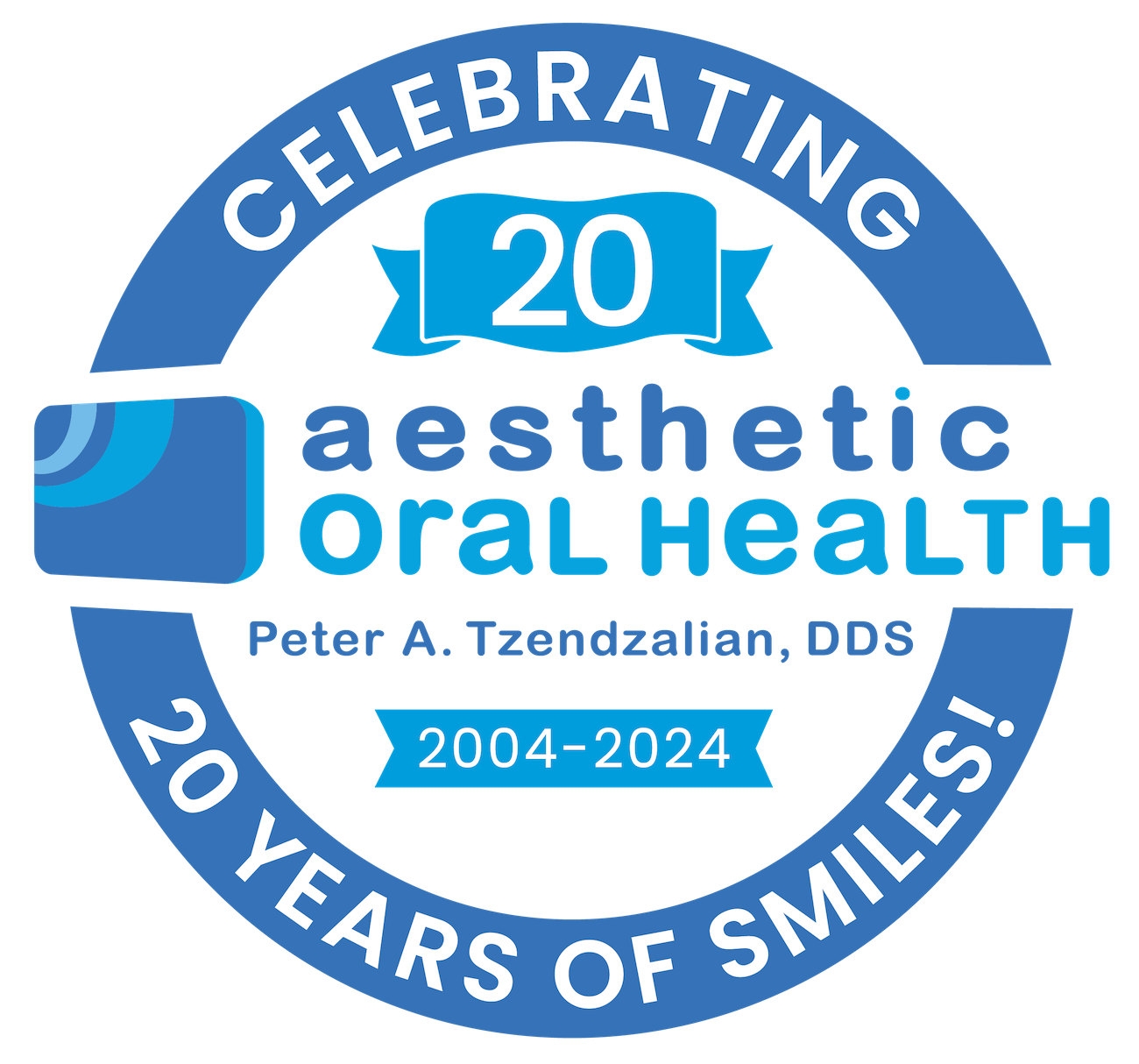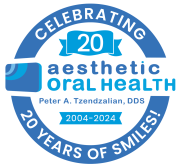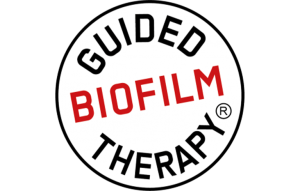Emergency Treatment for Dental Injuries and Toothaches
At Aesthetic Oral Health, we understand the urgency of dental emergencies. That’s why Dr. T accepts dental emergencies, and our clinic is fully equipped to handle such emergencies, providing immediate care to relieve pain and address underlying issues.
Dental Emergencies are treated at Aesthetic Oral Health
We have the expertise to treat various emergencies including dental injuries, cracked teeth, broken teeth, severe toothache, and dental abscesses. We’ll treat you and your family compassionately, minimizing discomfort while ensuring you receive all necessary treatment.
How to Contact Us in an Emergency
If you or a family member are experiencing a dental emergency in the Durham, North Carolina area, a phone call is the fastest way to get treatment. Follow these steps to reach Dr. T and receive immediate care:
- If your emergency is during the day, call the office and an appointment will be made as soon as possible.
- In the event of an emergency after regular office hours, call the office number. You will then be directed to contact Dr. T via his cell phone.
Remember, in a dental emergency, time is of the essence. Contacting us promptly will ensure you receive the necessary care and relief from pain as soon as possible.
Our Emergency Dental Services
At Aesthetic Oral Health, our emergency dental care includes immediate treatment for
Cracked or broken teeth
Severe toothaches
Abscesses
Other dental injuries
Dr. T is skilled in emergency care and pain management. He’ll quickly recommend and perform necessary treatment to prevent further damage and set you on the path to recovering your oral health.
Emergency Treatment for Cracked Teeth or Broken Teeth
When it comes to cracked or broken teeth, seeking immediate emergency treatment is crucial to prevent further damage and alleviate pain. At Aesthetic Oral Health, our emergency dental care for cracked or broken teeth may include:
- Dental bonding: Using a tooth-colored resin, the cracked or broken tooth is restored by bonding the resin to the tooth’s surface.
- Dental crown: A dental crown can be placed over the cracked or broken tooth to provide protection and restore its strength and appearance.
- Root canal therapy: In cases where the crack or break extends into the tooth’s pulp, root canal therapy may be necessary to remove infected or damaged tissue and save the tooth.
- Extraction: In severe cases where the tooth cannot be saved, extraction may be recommended to prevent further complications and promote oral health.
Dr. T will assess the severity of the crack or break and recommend the most appropriate treatment plan to address the issue effectively.
Solutions for Severe Toothaches and Abscesses
Severe toothaches and abscesses are dental emergencies that require immediate attention to relieve pain and prevent potential complications. Our emergency dental care for severe toothaches and abscesses may include:
- Antibiotics: If an abscess is present, antibiotics may be prescribed to reduce infection and alleviate pain.
- Root canal therapy: In cases where the tooth’s pulp is infected or damaged, root canal therapy can remove the infected tissue, alleviate pain, and save the tooth.
- Dental extraction: If the tooth is severely decayed or broken and cannot be saved, extraction may be necessary to prevent further infection and relieve pain.
- Pain management: Various pain management techniques, including over-the-counter pain relievers and local anesthetics, may be used to provide immediate relief from severe toothaches.
Dr. T will evaluate the underlying cause of the severe toothache or abscess and provide a personalized treatment plan to address the issue effectively.
Dental Emergency First Aid Tips
In some dental emergencies, it may be necessary to provide first aid or temporary relief before professional dental care can be obtained. Here are some dental emergency first aid tips:
Knocked-Out Tooth
Rinse the tooth gently under running water, being careful not to touch the root. Place the tooth back into its socket if possible or keep it in a container of milk or saliva. Seek immediate dental care.
Broken Tooth
Rinse your mouth with warm water and apply a cold compress to the affected area to reduce swelling. Seek immediate dental care.
Severe Toothache
Rinse your mouth with warm saltwater and gently floss around the affected tooth to remove any trapped food particles. Use over-the-counter pain relievers as directed. Seek dental care if the pain persists.
Dental Abscess
Rinse your mouth with warm salt water to help reduce swelling and pain. Avoid applying heat to the affected area. Seek immediate dental care.
Object Stuck Between Teeth
Gently try to remove the object with dental floss. Do not use sharp or pointed instruments. If unsuccessful, seek dental care.
Soft Tissue Injury
Clean the injured area with warm salt water and apply gentle pressure with a clean cloth or gauze to stop any bleeding. Seek dental care if the bleeding does not stop or the injury is severe.
Remember, these first-aid tips are only temporary measures. They are not an appropriate replacement for professional dental care. Seeking dental treatment and/or medical care is essential to address the underlying issue and prevent further complications.
Tips to Prevent Common Dental Injuries
Preventing common dental injuries can help reduce the risk of dental emergencies. Here are some tips to help protect your teeth:
- Wear a mouthguard: If you participate in contact sports or activities with a risk of dental injury, wear a mouthguard to protect your teeth and prevent trauma.
- Avoid chewing on hard objects: Do not use your teeth as tools to open packages or bite on hard objects like ice or pens, as this can lead to tooth fractures or chips.
- Practice good oral hygiene: Brush your teeth twice a day, floss daily, and visit your dentist regularly for check-ups and cleanings. Maintaining good oral hygiene can help prevent dental problems that may lead to emergencies.
- Use caution when eating: Be mindful of the foods you consume, especially hard or sticky foods that can cause dental damage. Cut hard foods into smaller, manageable pieces.
- Keep your medical records updated: Inform your dentist about any pre-existing medical problems, conditions, medications, or allergies that could impact your dental treatment. This information is crucial in emergency situations.
By following these preventive measures and practicing early recognition of dental issues, you can minimize the risk of dental injuries and emergencies, maintaining optimal oral health.
Call for Emergency Treatment for Dental Injuries
If your emergency is during the day, call the Aesthetic Oral Health office for the next available appointment. If an emergency occurs after regular office hours, call the office number first. You will then be directed to contact Dr. T via his cell phone.


 Dr. Peter Tzendzalian, DDS
Dr. Peter Tzendzalian, DDS Kristin Tzendzalian
Kristin Tzendzalian Giving Back
Giving Back









